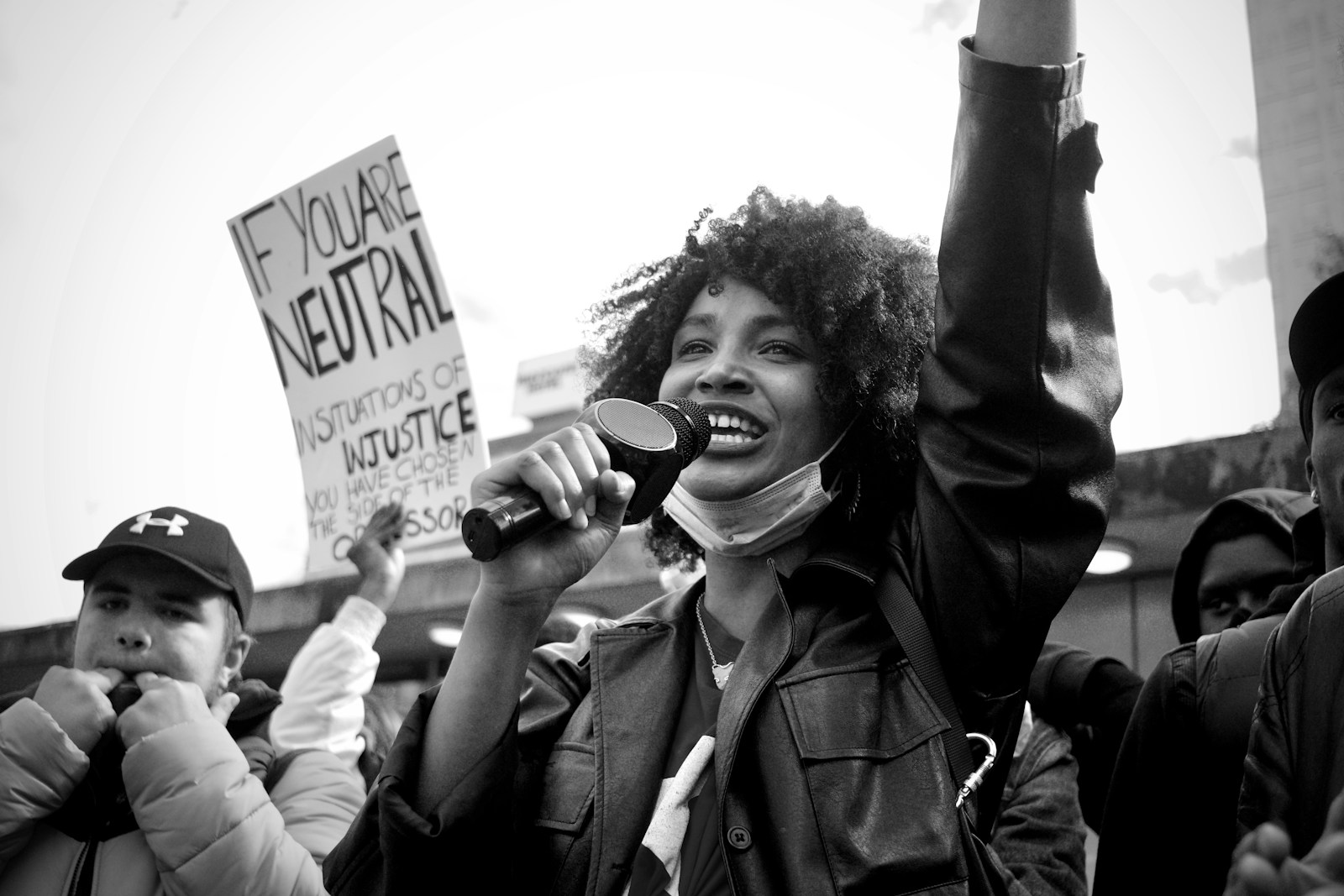On April 30, Columbia University was the site of a dramatic confrontation. Over 100 students, occupying Hamilton Hall, were forcefully removed by the New York Police Department (NYPD). The incident was a chilling echo of the university’s call on the NYPD in 1968, when students protested the Vietnam War.
Student Protestors Face Arrest
In an homage to Hind Rajab, a six-year-old Palestinian girl killed by the Israeli military, the occupied building was renamed Hind’s Hall by the students inside. As the police forcibly evicted these activists, one officer reportedly discharged his weapon within university confines. Using flash bang explosives, the police’s swift and aggressive response resembled a quasi-military operation.
The BDS Movement at Columbia University
Among the detained was Avila Chevalier, Columbia University alumna and cofounder of Columbia University Apartheid Divest (CUAD). This organization is part of an international nonviolent movement placing economic pressure on Israel to follow international law. Chevalier’s involvement in student activism began in her senior year when she joined the “Students for Justice in Palestine” organization. The goal was to compel Columbia University to divest from companies profiting from Israel’s occupation of Palestine.
Repeating History: Student Activism at Columbia
The formation of CUAD was meant to carry on the legacy of previous Columbia student activists. From the Vietnam War protests in 1968 to lobbying for divestment from South African Apartheid in the 1980s, students have a history of standing against perceived injustices. This legacy continued into the 21st century when students successfully pressured the university to divest from private prisons in 2015 and thermal coal in 2017.
Current Israel-Palestine Crisis
Today, the BDS movement argues that their cause is more critical than ever. Allegedly, 34,000 individuals, primarily women and children, have been killed during the ongoing Israeli military campaign in Gaza. With the International Court of Justice and a U.S. federal court indicating this may amount to genocide, the situation has gone from dire to desperate. Over 1.1 million people are reportedly suffering from a blockade-induced food crisis, and basic amenities such as healthcare and education seem bleak, leading to what some have billed as the century’s worst humanitarian crisis.
Students Demand Divestment from Companies Linked to Israeli Apartheid
CUAD has continued to advocate with steadfastness. Their primary demand is for Columbia University to fully disclose and divest from any companies linked to Israeli apartheid or the Palestinian genocide. They argue that investment in such companies indirectly fuels violence as tuition funds are used to finance weaponry and technology causing human rights violations in Palestine.
The Demand to Cut Ties with Tel Aviv University
Another aggressive demand from student activists is for Columbia to sever ties with Tel Aviv University and shut its Global Center in Tel Aviv. The protestors argue that by supporting Israeli institutions, Columbia disrespects its Palestinian, Arab, and Muslim students. They contend that these international students face discrimination based on race, faith, nationality, and political beliefs.
Legal Consequences and a Call to Action
Should Columbia have any classes or educational programs inaccessible to any population segment due to apartheid conditions, the university may face legal consequences under U.S. law. As calls for boycott, divestment, and sanction increase, these student activists continue to push for Israel to comply with international law and respect Palestinian human rights.
As the world creates a public outcry over the humanitarian crisis in Gaza, these youths assert that putting economic pressure on Israel may be the most effective way to advocate for human rights in Palestine.
